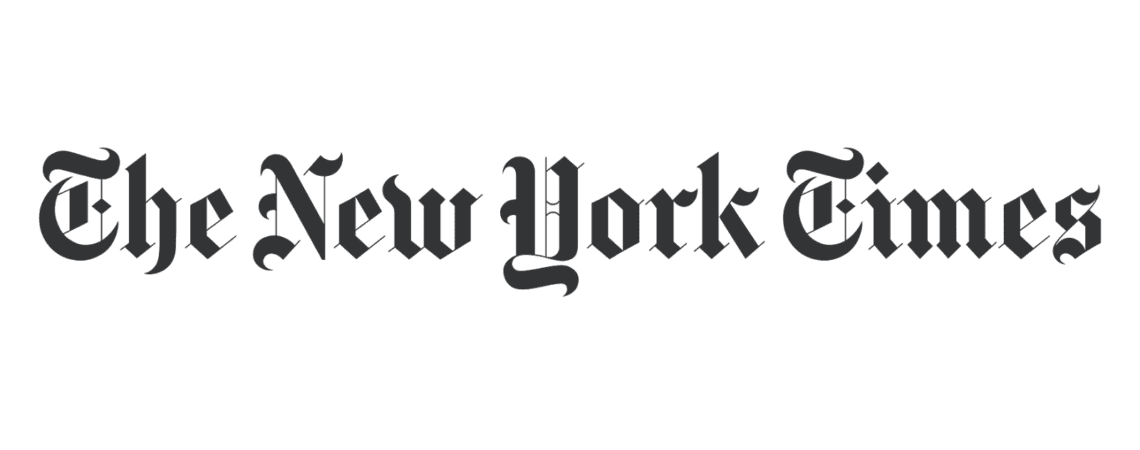President Trump’s trade adviser warned that a prolonged shutdown of nonessential commerce could pose a more dire long-term health threat to the United States than the virus itself.
WASHINGTON — As the White House debates when and how to reopen the economy, one emerging argument is that an extended shutdown could pose a more dire long-term health threat to the United States than the coronavirus itself.
Peter Navarro, the White House trade adviser who is now coordinating the country’s medical supply chain, is warning that a prolonged shutdown of nonessential commerce could result in a broad range of negative health effects that he contends medical experts are ignoring in their efforts to flatten the curve of coronavirus cases.
“It’s disappointing that so many of the medical experts and pundits pontificating in the press appear tone deaf to the very significant losses of life and blows to American families that may result from an extended economic shutdown,” Mr. Navarro said in an interview with The New York Times.
“Instead, they piously preen on their soap boxes speaking only half of the medical truth without reference or regard for the other half of the equation,” he said, “which is the very real mortal dangers associated with the closure of the economy for an extended period.”
Mr. Navarro was one of the first among President Trump’s advisers to warn about the economic costs of a pandemic. In memos that he wrote in January and February that circulated in the West Wing, Mr. Navarro warned that the coronavirus was a crisis that could inflict trillions of dollars in economic damage and take millions of lives.
Mr. Trump has been criticized for being slow to heed such warnings. The president’s economic advisers have clashed in recent weeks with his health experts over how to balance containing the virus and mitigating the economic fallout.
Mr. Navarro, a protectionist who has been known to engage in heated debates with the free traders in the administration, has had contentious exchanges with Dr. Anthony Fauci, the federal government’s top infectious disease expert, whose pronouncements about the measures needed to slow the spread of the virus have begun to frustrate Mr. Trump’s allies.
As the economy faces a deep recession and more than 16 million American workers have already lost jobs, Mr. Trump is deliberating when to call for an easing of the shutdown. The president, who had hoped to reopen the economy by Easter, has lamented that the “cure cannot be worse than the problem itself.”
In a tweet on Monday, Mr. Trump said a decision on when to reopen the economy “will be made shortly!”
Mr. Navarro has said he believes that if the shutdown persists for too long, the cumulative health effects over time could be worse than those from the virus, which health experts have estimated could cause anywhere from 100,000 to 2 million deaths, depending on mitigation efforts.
He said the U.S. economy faced a “China shock” that could eclipse what it experienced in the early 2000s, after China’s entry into the World Trade Organization. Mr. Navarro points to the research of David H. Autor, a Massachusetts Institute of Technology economist whose 2017 paper found a relationship between the surge of Chinese exports to the United States two decades ago with lost American manufacturing jobs and a variety of grim health outcomes.
“The unfair China trade shock that hit so many of America’s communities in the 2000s not only destroyed over five million manufacturing jobs and 70,000 factories; it killed tens of thousands of Americans,” Mr. Navarro said.
“As numerous academic studies have documented, economic shocks like China’s trade shock can increase mortality rates associated with suicide, drug overdoses, alcohol poisoning, liver disease, lung cancer, poor diet and cigarettes,” he said, “while destroying families through higher rates of single-parent households, child poverty, and divorce and lower rates of fertility and marriage.”
The virus has already inflicted severe damage to both the U.S. and global economy. Goldman Sachs economists project that the unemployment rate could hit 15 percent by midyear, and that the economy will contract by 34 percent in the second quarter.
The sluggish initial response from the United States could prove advantageous for China, which took swift and draconian measures to contain the virus after it emerged in Wuhan last year, potentially allowing the Chinese economy to rebound more quickly.
While scientists continue to work on a vaccine, Mr. Navarro said the economy could still reopen without one. Expansive testing for the virus, as well as testing for antibodies that indicate who might have immunity and can return to work, will be key to reopening the economy, he said.
Despite the development of new rapid tests, the ability to conduct nationwide testing for the virus or for antibodies and the ability to conduct large-scale contact tracing remains a longer-term goal.
To see the full article, click here.

